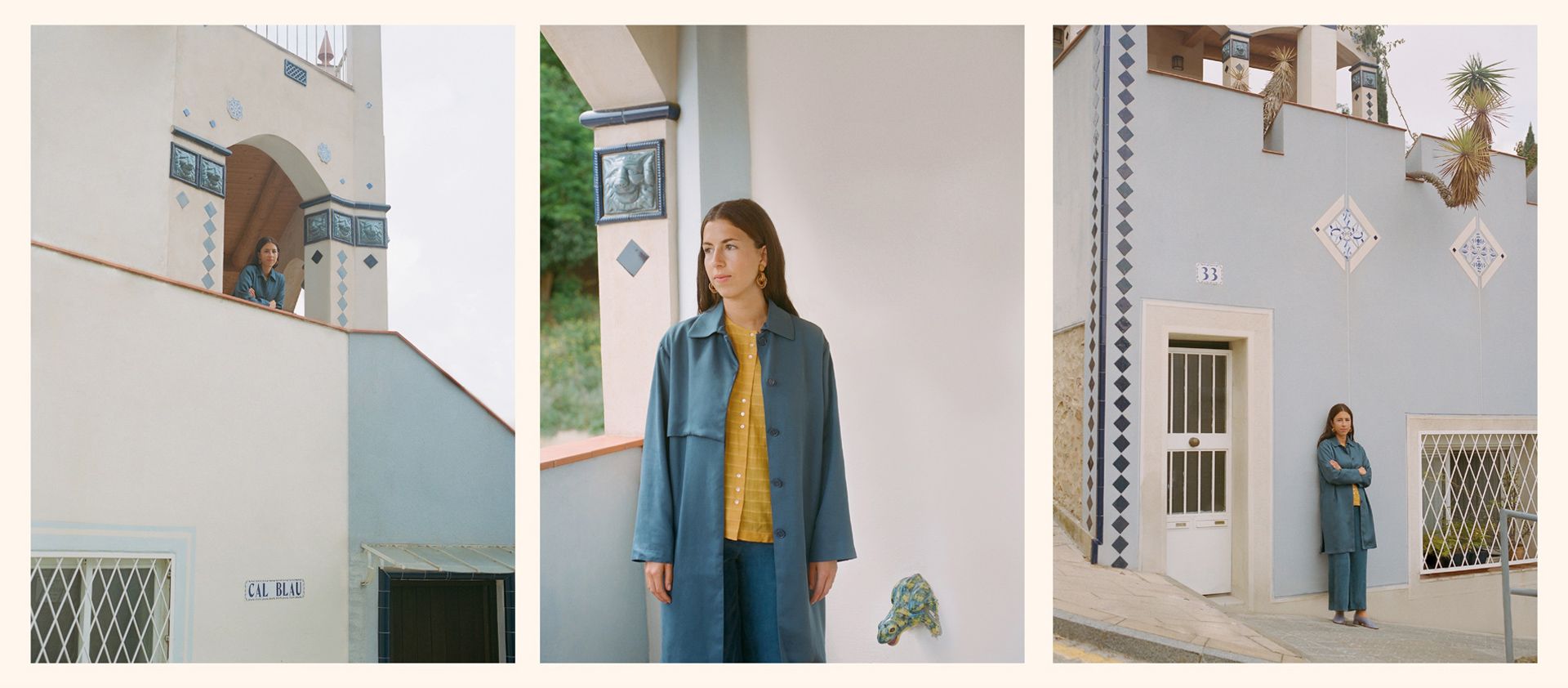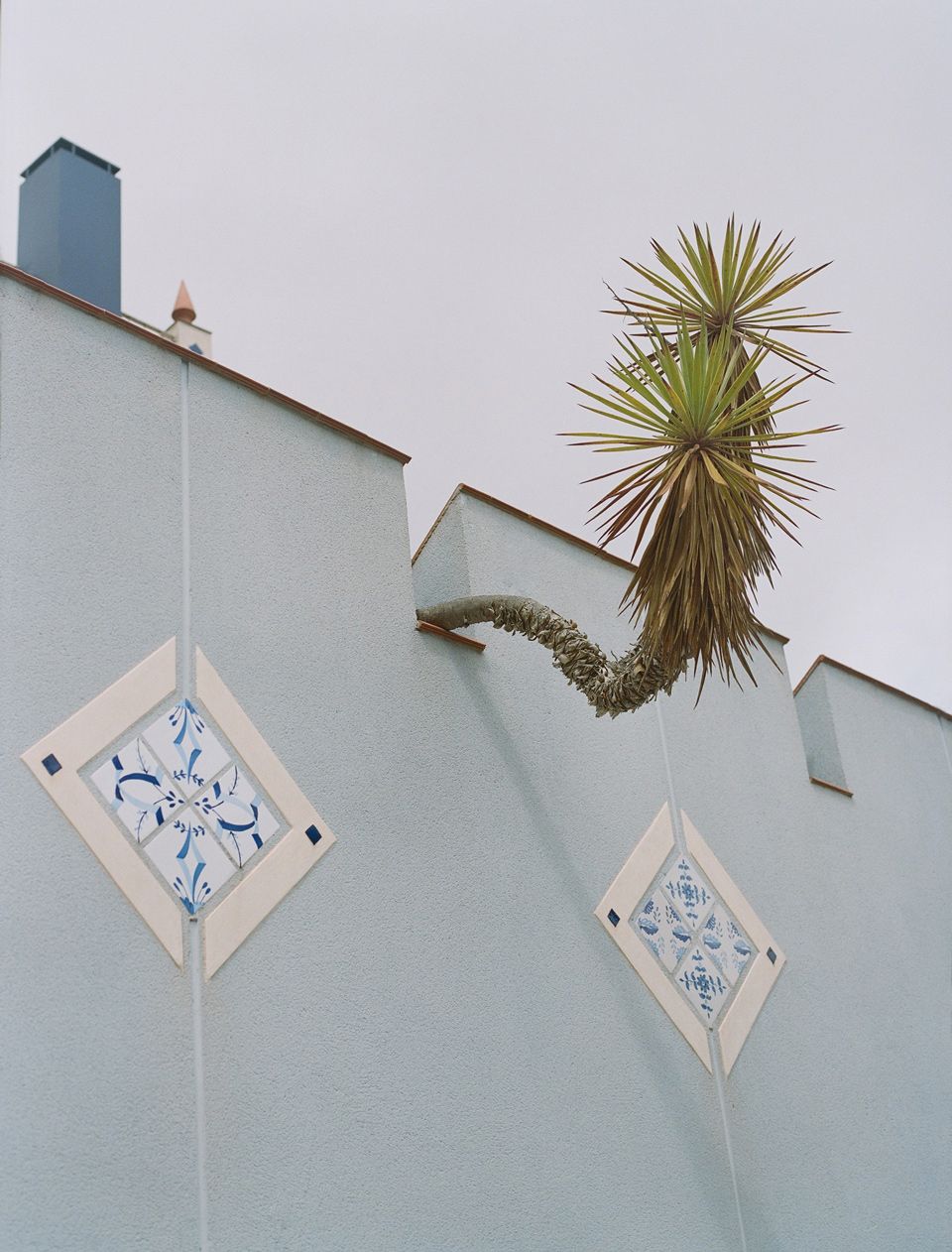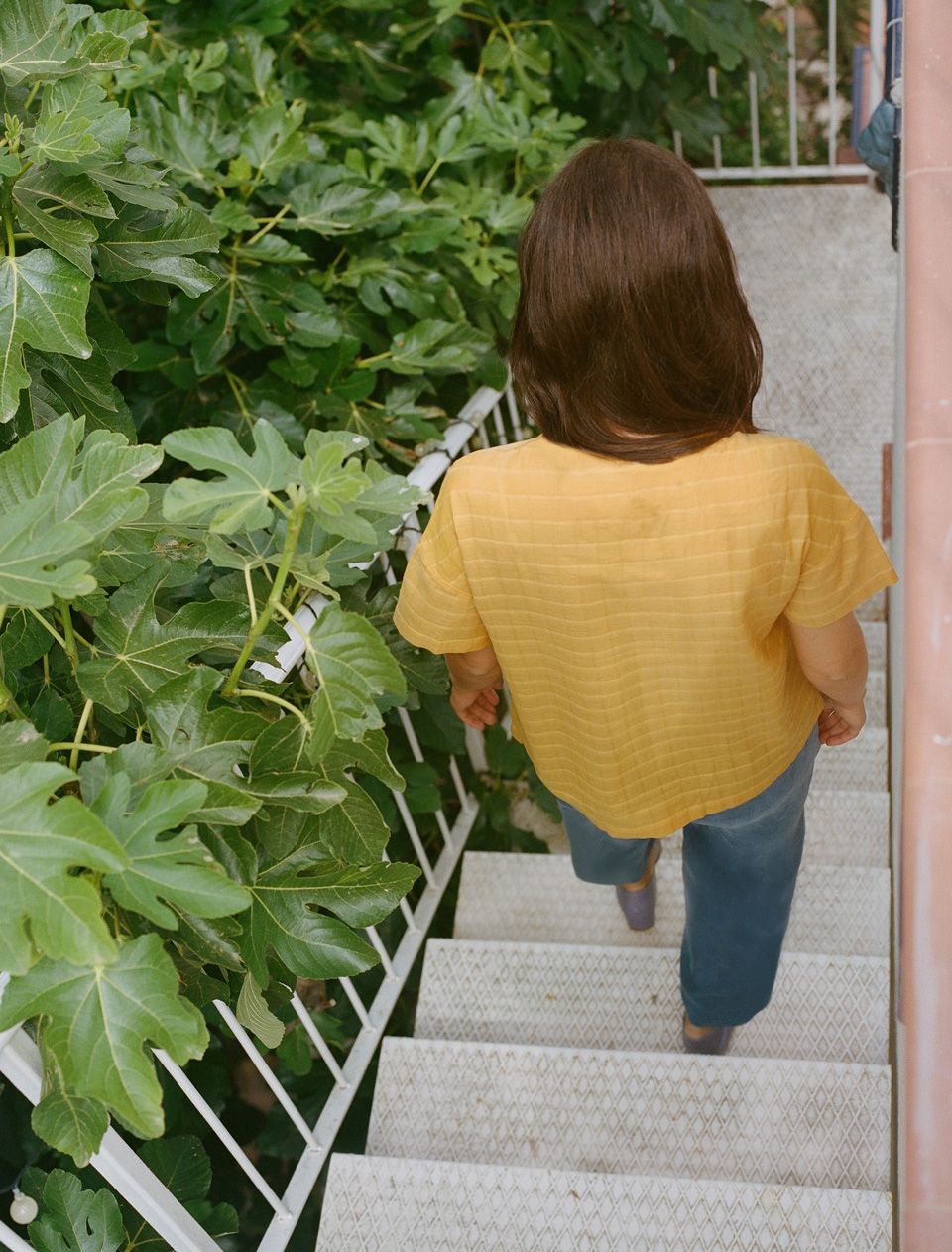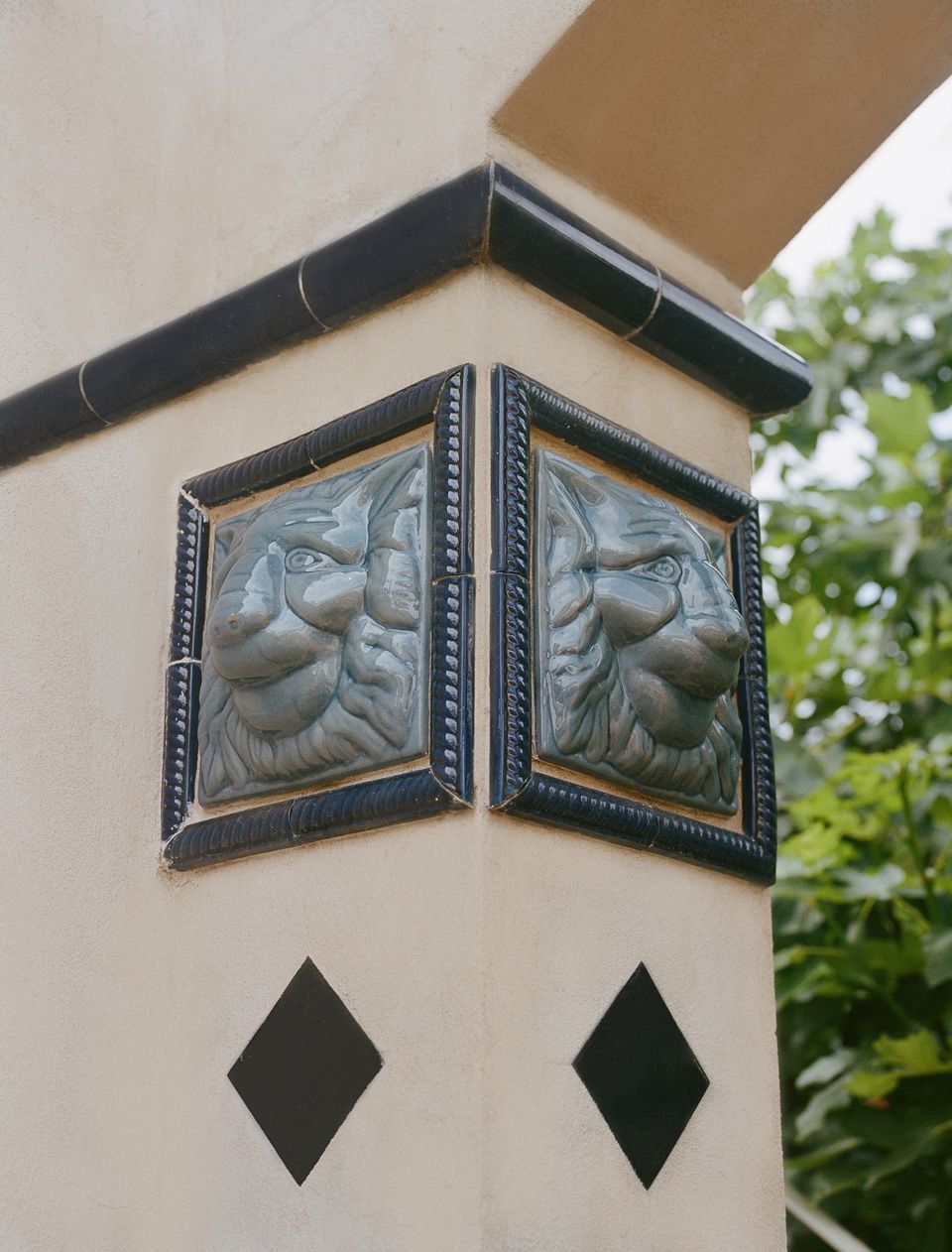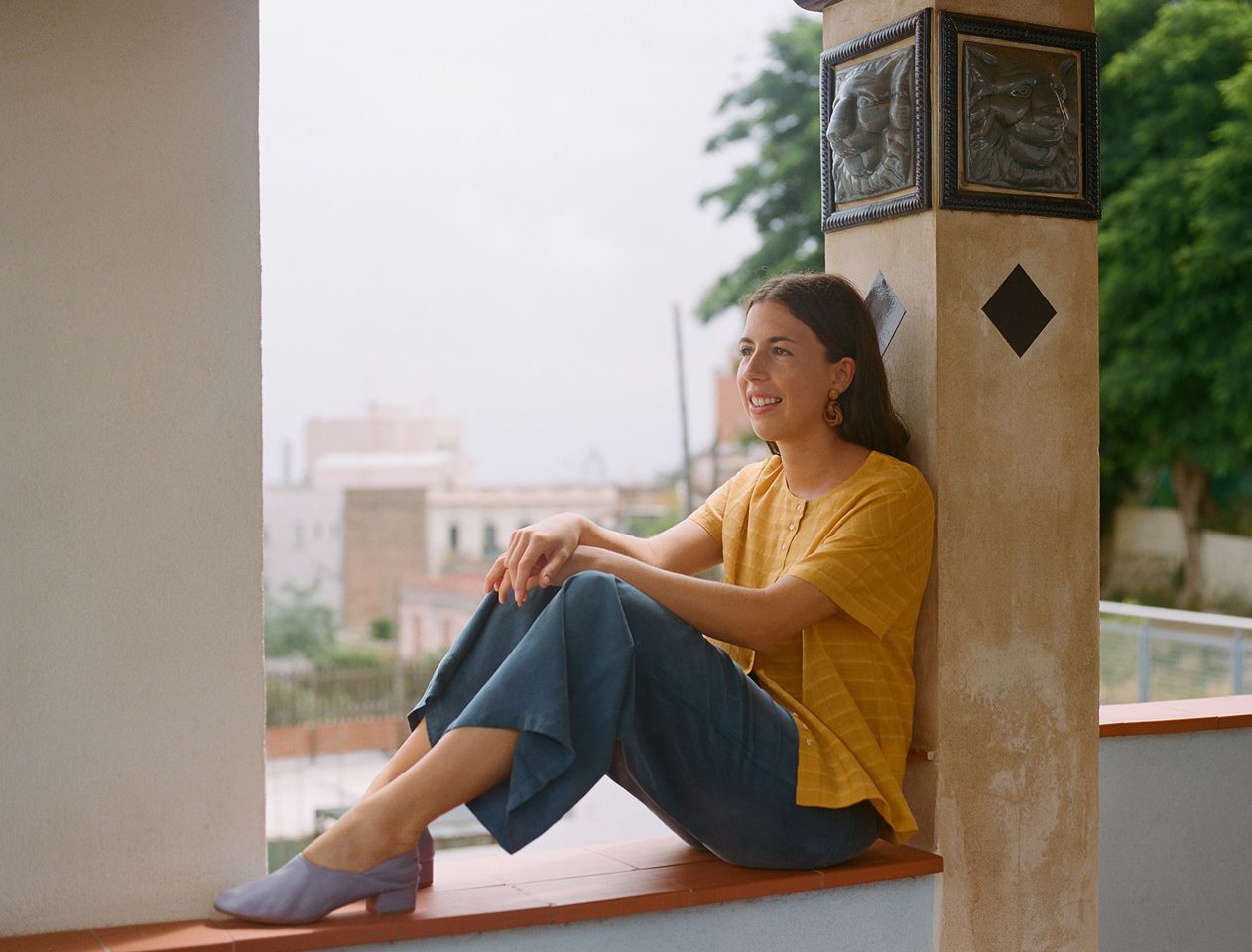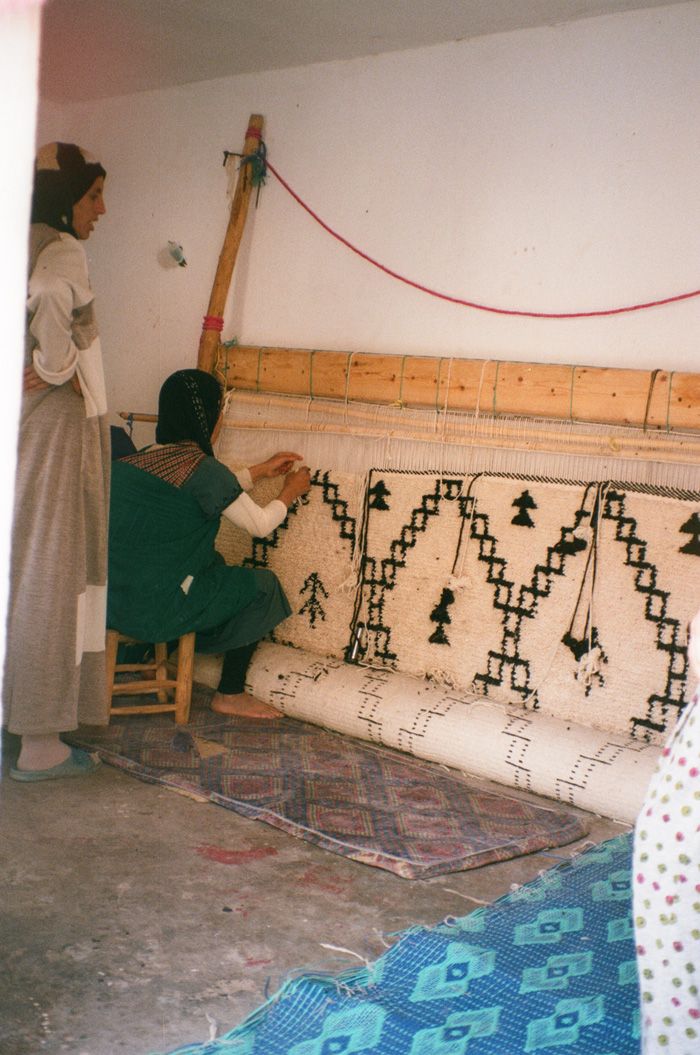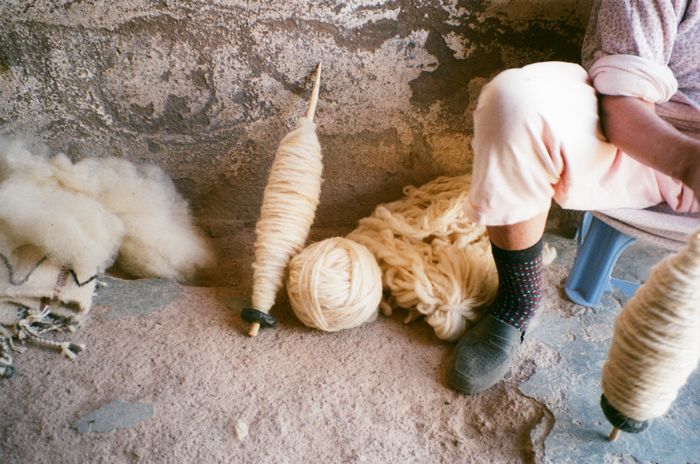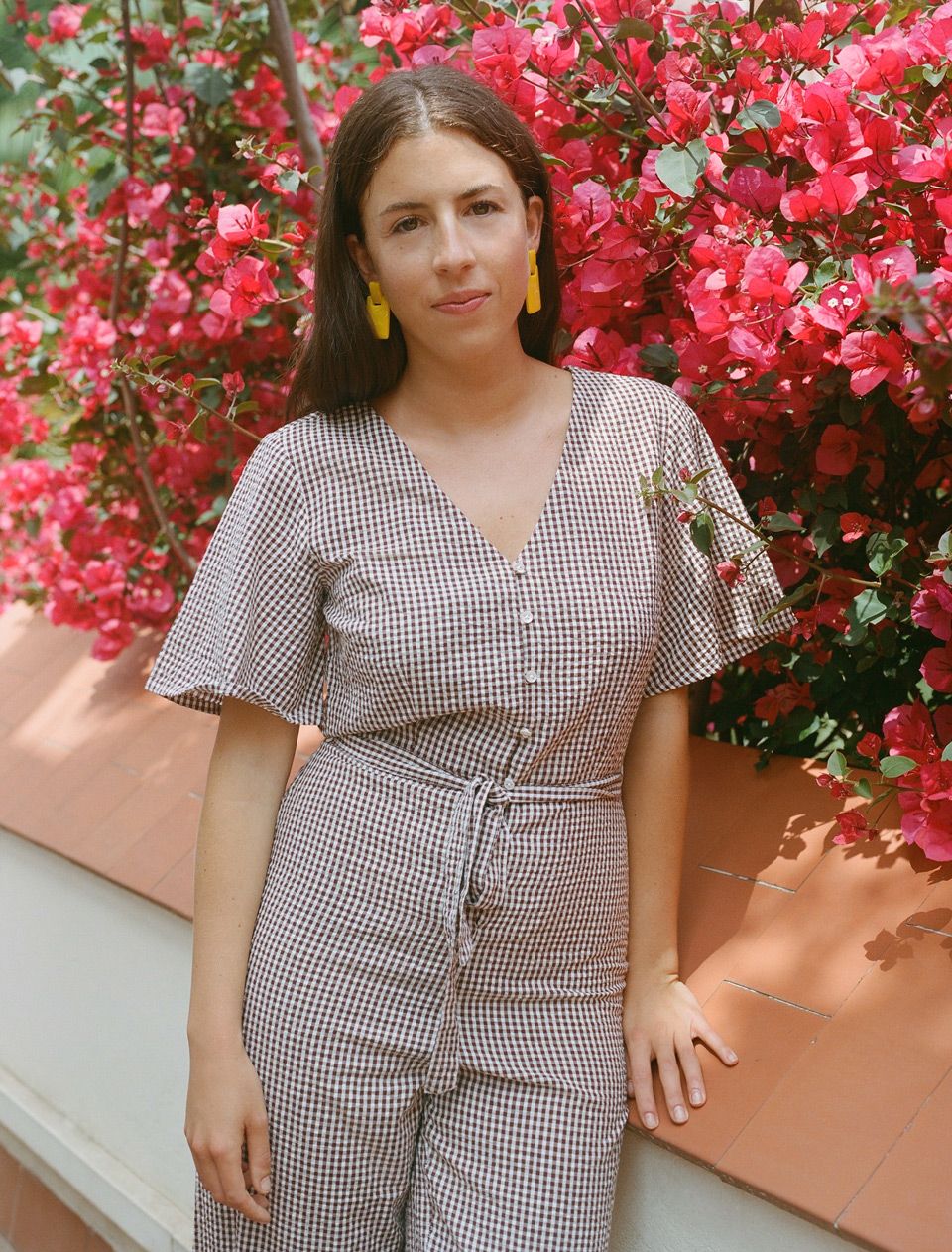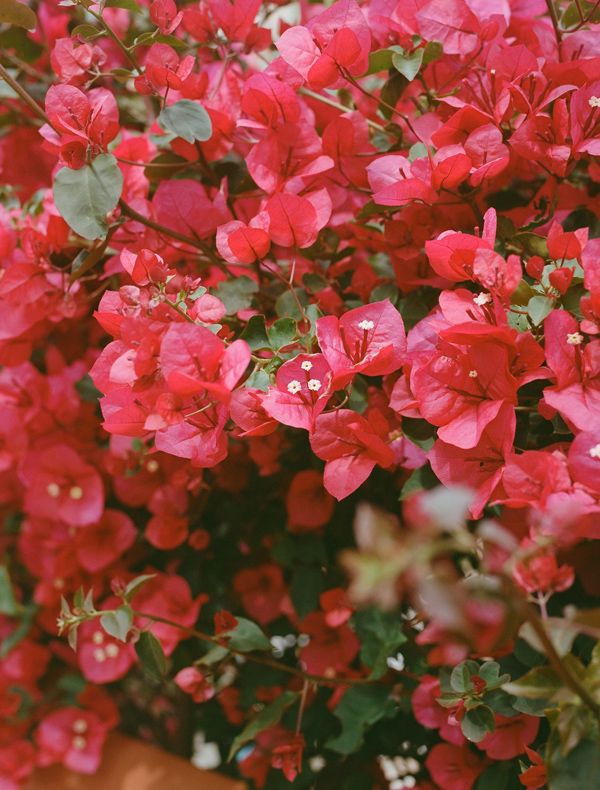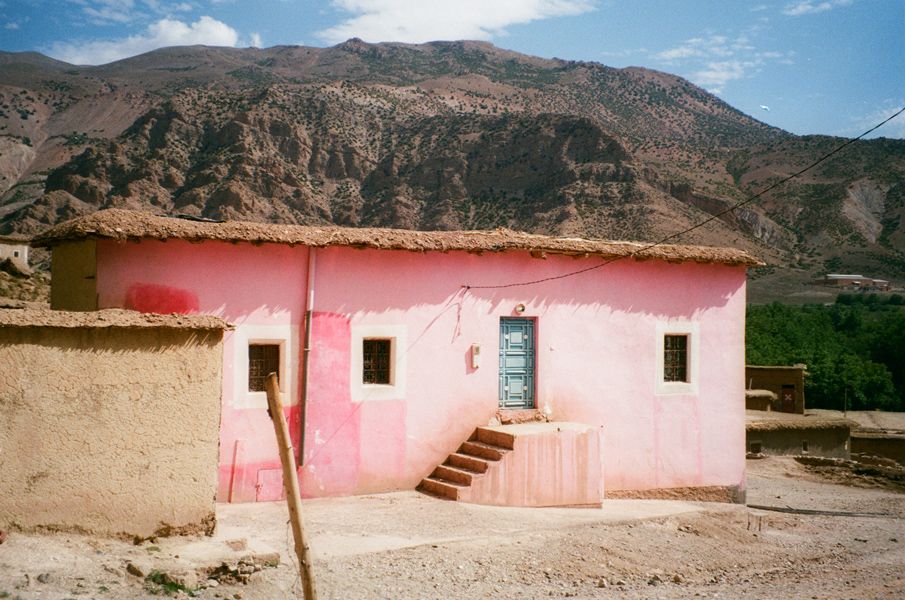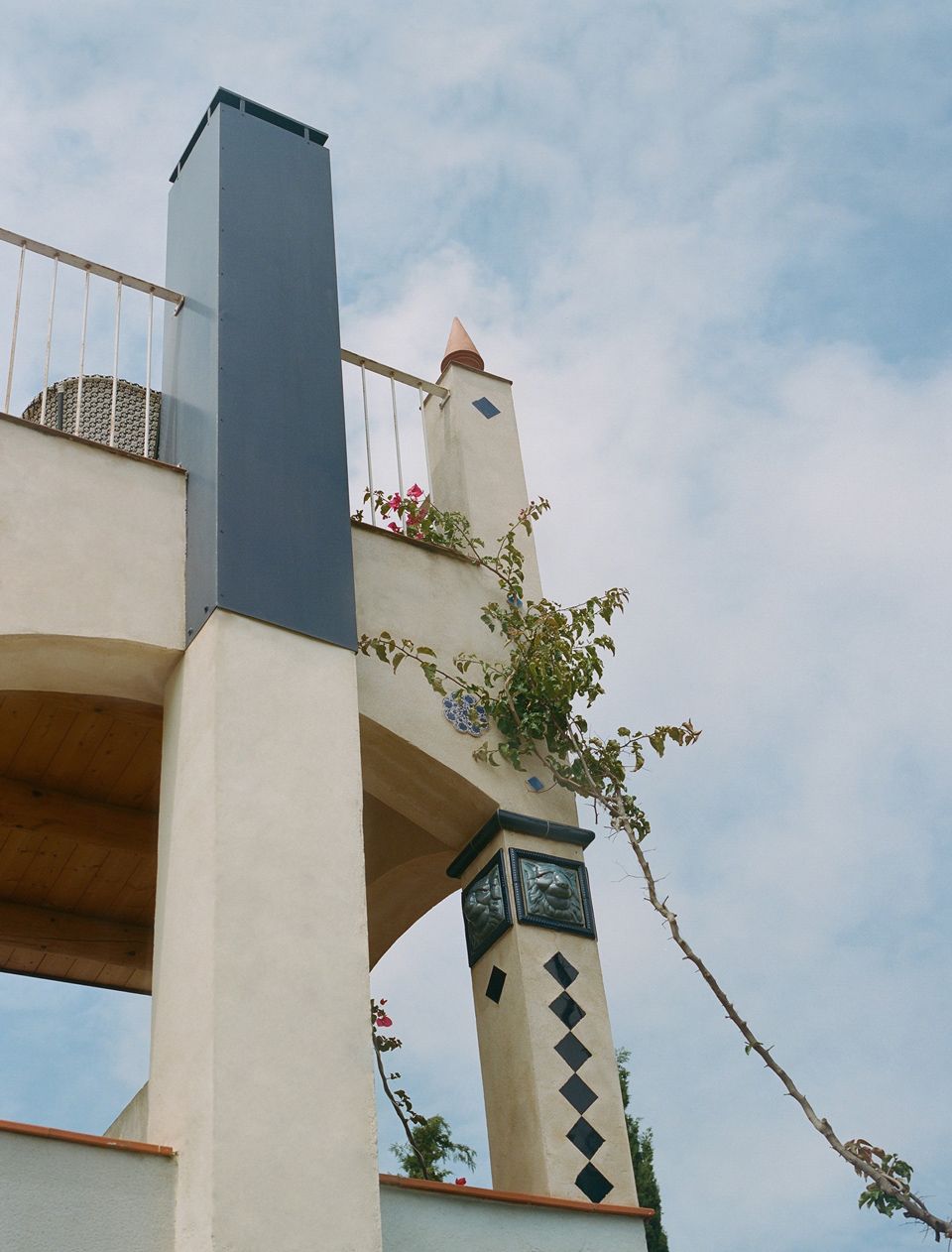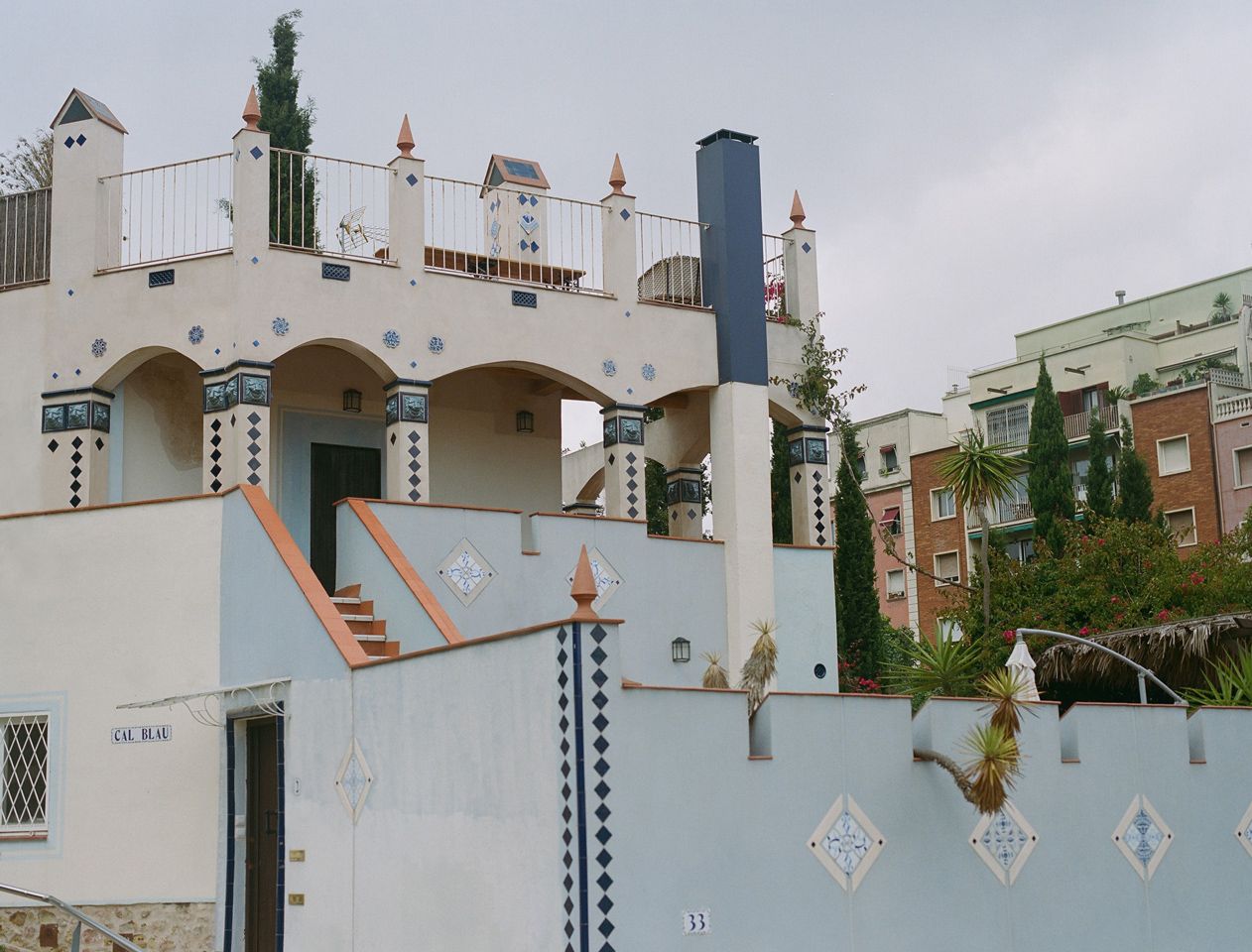- Home /
- Publishers /
- Sabrina Kraus
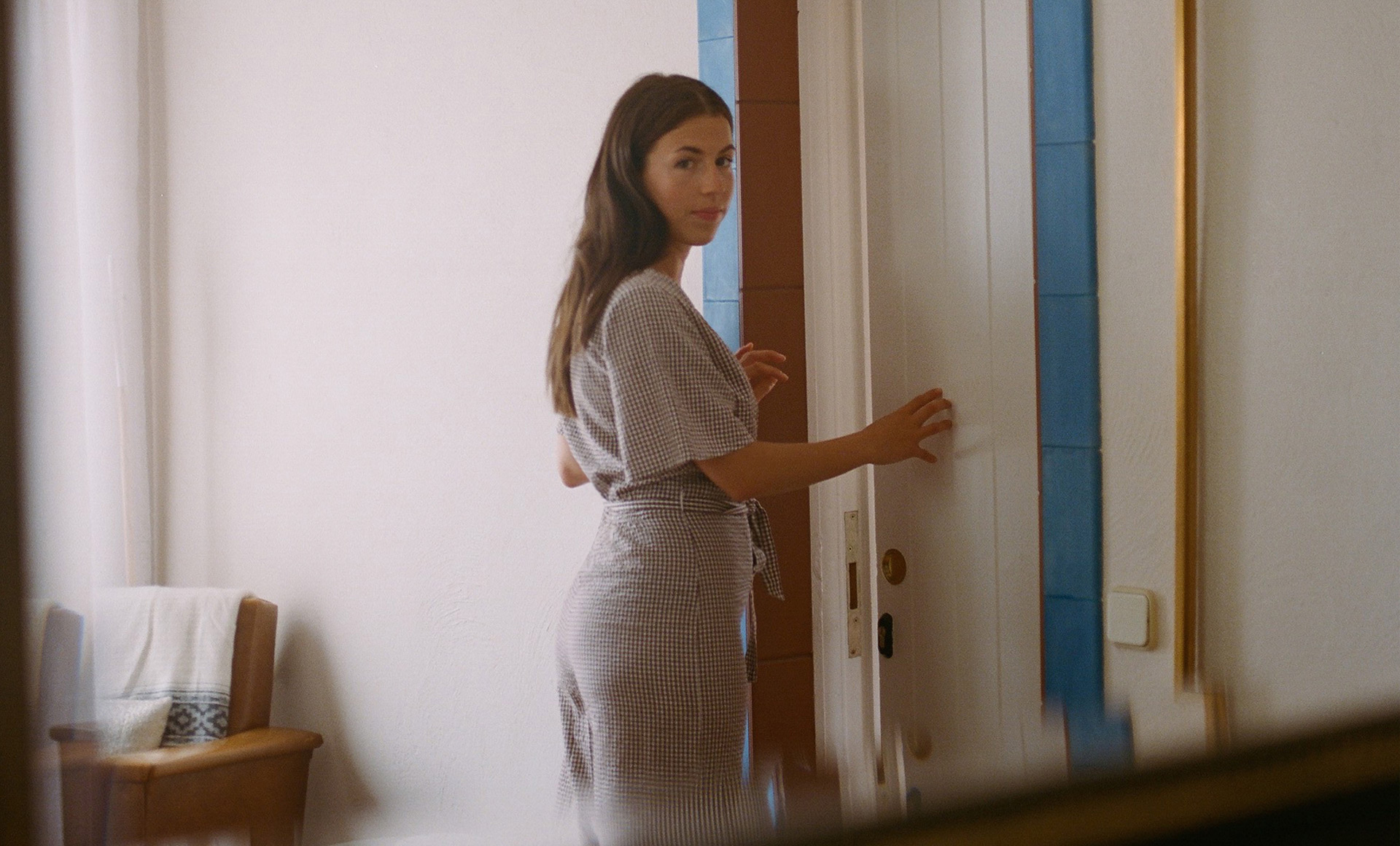
From another point of view
Sabrina Kraus
Sabrina captivated us with her support for fair trade. She grew up in Geneva and settled in London, she specialised in weaving and developed her research work in Peru.
Q - What (concerns, experiences or people) introduced you to the textile world?
A - I was lucky enough to grow up in an international environment with a family that loved to travel. I experienced different cultures and traditions when I was younger and this led me to become interested in identity through heritage and, by definition, crafts and textiles. I was always intrigued by how these textiles were made and what each element meant to the people who made them.
Q - Where would you like to develop the project?
A - I am always trying to find out how my projects can evolve. I am particularly interested in bringing traditional crafts into a contemporary context and I am passionate about empowering the artisans I work with. I would love to collaborate with designers, creatives and brands to facilitate collaboration with artisans to make new products that have been made ethically and with the highest quality of production and skills. My aim is to train artisans to have affinities with design and expose them to different ways of thinking and making through collaborations.
Q - Who would you like to collaborate with?
A - I am thrilled to be able to collaborate with Jermaine Ghallager, whose style and affinity for colour and form is something I admire greatly and as a person he is delightful. For the future there are many; I would love to collaborate with photographers, designers, curators, anyone who has the passion and understanding for something more meaningful and conscious.
Q - Can you tell us about any curious anecdotes you've come across? The Berber writing inside the designs?
A - One story I can't get out of my head is how Berber weavers safeguarded the alphabet called tifinagh. Berber women wove messages into carpets using Berber symbols to send to their husbands who were captured by the Arabs. This form of communication through crafts meant that the women were able to prevent the language from disappearing. This story showed me the importance of women translating their own identity today into their art.
Q - What difficulties have you encountered that you didn't expect?
A - I wouldn't say I have had any particular difficulties, but I have learned that patience is the key and that it takes time to teach or innovate in such a sector.
Q - What differences did you find between local producers in Peru and those in Morocco?
A - Although they are in different continents and parts of the world, all the communities I have worked with are remote and have the same passion for what they do. The artisans have a relationship with craft where on the one hand they represent heritage and culture and on the other hand it is their livelihood and the mix of the two takes my work beyond their borders. Where you try to mix heritage and present identity to create contemporary and current products that sell.
Q - What changes in the day-to-day life of producers has your and The Anou's work promoted?
A - The most recent change I saw that really touched me was when my host mother, in whose house I usually stay in the High Atlas, came running to hug me and showed me her new kitchen. She and her husband had been able to renovate the kitchen thanks to the carpets she had sold in Anou. It made me very happy to see the direct benefit these women receive from selling their products. There is an increase in quality of life, as well as better health, as most of the artisans can afford to go to the doctor and buy medicine if necessary. These are just the first steps of change for these amazing and inspiring women.
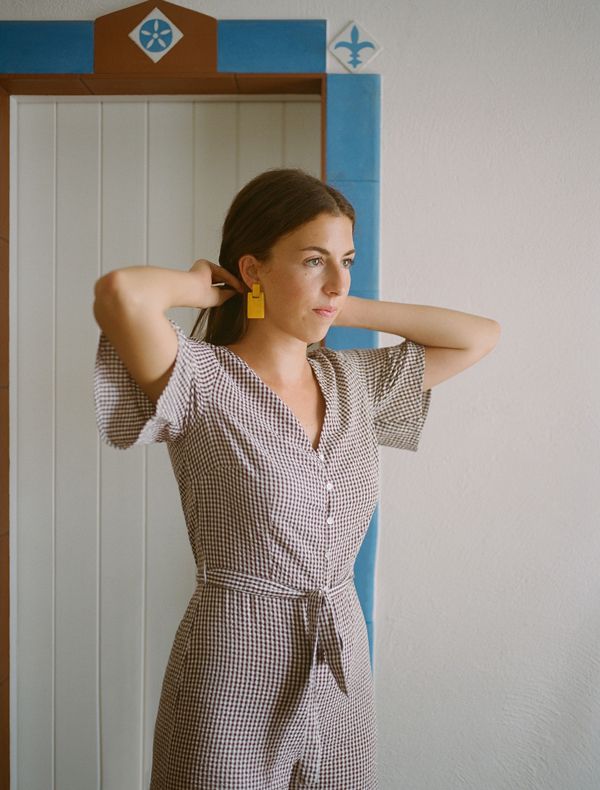
Q - Can you recommend a book?
A - I will recommend two that I have recently read and fallen in love with: James Baldwin's "Another Country" and Khaled Hosseini's beautiful "A Thousand Splendid Suns".
Q - Can you recommend a restaurant?
A - I think Persopolis, an Iranian restaurant in South London.
Q - Can you recommend a film?
A - I'm a fan of documentaries; I recently saw "Pina" (a Pina Bausch documentary that is spectacular) and "Raving Iran".
Q - Can you recommend a place?
A - The High Atlas Mountains in Morocco, the valley of Ait Bouguemez is one of the most beautiful places I have ever been, it takes my breath away!
Q - When would you wear the clothes you are wearing in the photos?
A - Any day in the studio or even when I'm away in Morocco.
